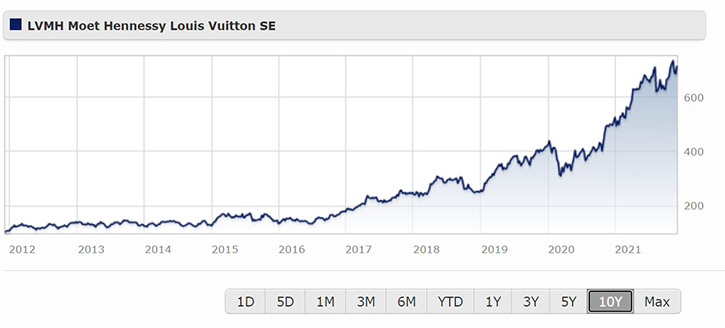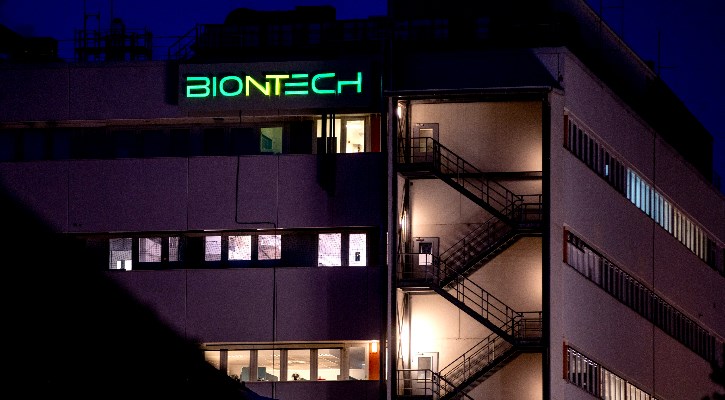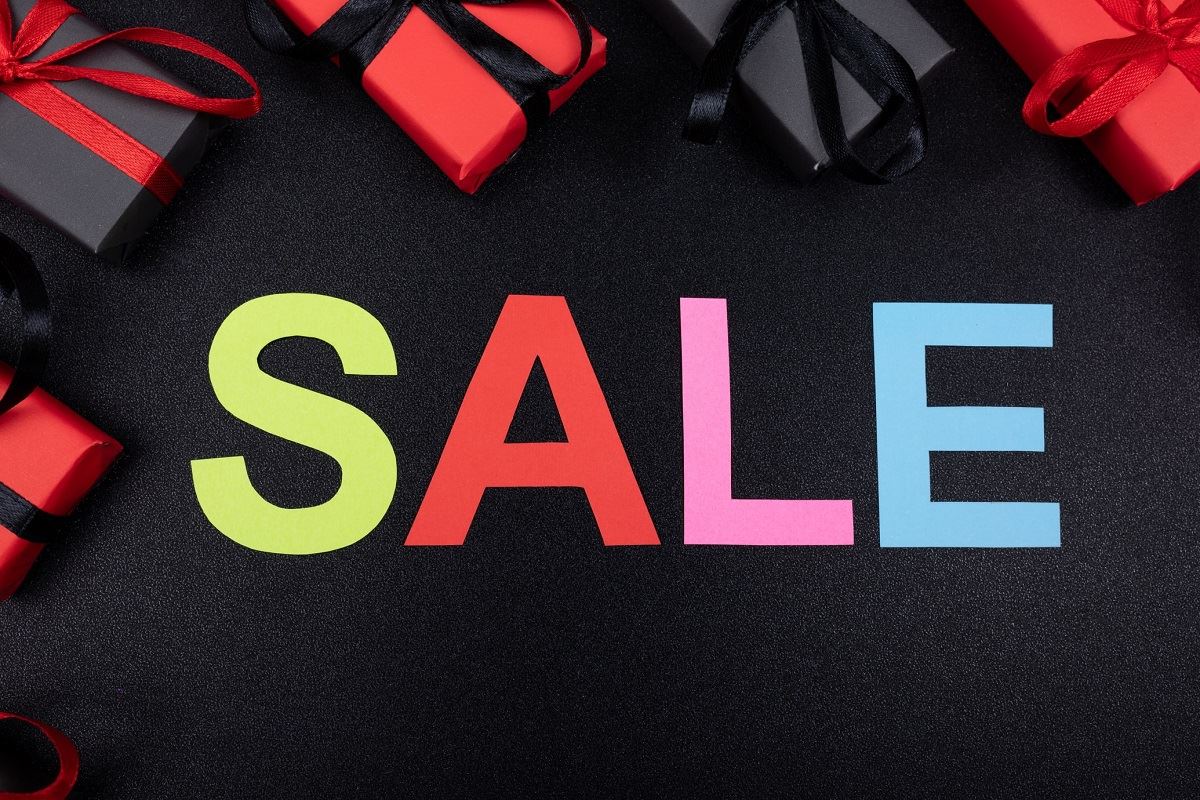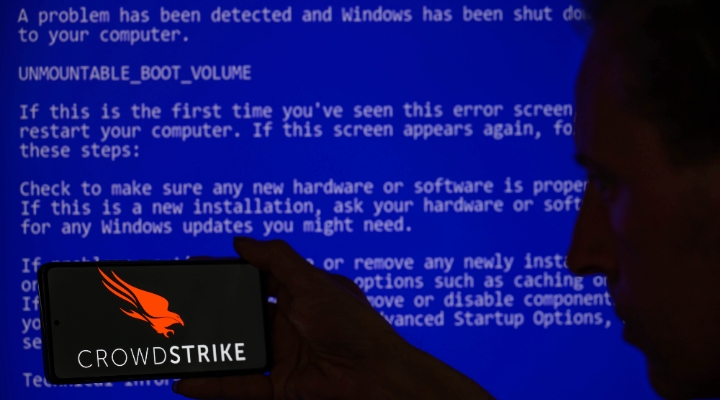
Our latest stock of the week poll had a luxury theme, loosely tied to a certain film currently showing in cinemas. Our Twitter followers overwhelmingly voted in favour of LVMH, the French fashion house behind Louis Vuitton, ahead of Prada, Burberry and Hermes.
LVMH (MC) is an acronym for a slightly more unwieldy title: Louis Vuitton Moët Hennessy. And while the name is a combination of some of its most famous brands, Louis Vuitton, champagne maker Moët & Chandon and cognac firm Hennessey, the wider group controls 60 companies and 75 brands.
How has LVMH become the most valuable company in Europe since floating? While LVMH became a publicly listed entity in 1990, a decent chunk of its shares are held by founder Bernard Arnault, now one of the richest people in the world after making his dream of a luxury conglomerate into a reality. Fund manager Nick Train, who owns shares in LVHM, is a fan of Arnault’s single-minded focus an investor.
Train describes Arnault as the ultimate value investor with an impeccable sense of timing.
“Every so often on those rare opportunities when it’s been possible to acquire one of these vanishingly rare luxury brands, he has leapt and snapped them up. And I have to say as a portfolio manager, would that our record had been as good. But there are lessons to be learned from where he apprehends value.”
One recent example is the protracted battle for luxury New York jeweller Tiffany, which LVMH bought for nearly $16 billion last year, a discount to the original price.

While some investors may balk at backing companies where founders retain controlling stakes, the track record of the company speaks for itself: excluding dividends, the shares have returned nearly 3,500% since they floated.
Indeed, looking at the share price chart, it’s hard to see the impact of seismic events like the financial crisis, birth of e-commerce and coronavirus. Granted, there was a dip in the 2020 sell-off, but LVMH’s shares have doubled since. The conventional narrative is that lockdowns have given people more money to spend on luxury after the initial shock subsided, and that the stock market has brutally sorted the “winners” from the “losers” among public companies. This explains the rich valuations of companies like Apple (AAPL), Amazon (AMZN) and Tesla (TSLA).
LVMH’s fashion and leather goods division (its most profitable) saw sales 38% higher than in the same period of 2019, which suggests that at least some of that spare pandemic cash is making its way into LVMH brands. There are several reasons why luxury has been so buoyant, explains Morningstar luxury analyst Jelena Sokolova.
“One is very resilient luxury consumer incomes. The second is the wealth effect. So, the stock markets recovered sharply. The real estate markets were quite resilient. And then, also, people couldn't spend as much as they usually do on travel or on experiences, all those things that were actually most affected by the lockdowns. So, that left them with extra savings. And finally, last but not least, psychologically people need to reward themselves after moments of stress.”
Like recent stock of the week Ferrari, LVMH is one of the 154 companies rated by Morningstar as some of the most overvalued in the world. Granted, LVMH’s premium pricing and luxury brands mean it is granted a wide economic moat, as Sokolova explains.
“We believe that a portfolio of strong leading brands in several luxury niches grants LVMH a wide moat and should allow it to generate economic profits well into the future. In fashion and leather goods (over half of the company’s profits), LVMH’s brand intangible assets are backed by the 100-plus-year-old globally-recognised Louis Vuitton brand, with long product cycles and fully controlled distribution, as well as several smaller but still iconic brands, including Fendi and Loro Piano.”
After recent strong third-quarter results, Morningstar upped its fair value estimate for LVMH to €394, but that is still far below its current price of more than €700. Can LVMH’s strong run continue? Sokolova says the current share price implies the market assumes double-digit growth in Louis Vuitton will continue, which she says is over-optimistic. Beijing’s battle with its super rich is one example of why the turbocharged growth narrative for the luxury sector may be slow to materialise. In this sector, she prefers 3-star rated Swatch Group (UHR) to overvalued brands like LVMH.


























